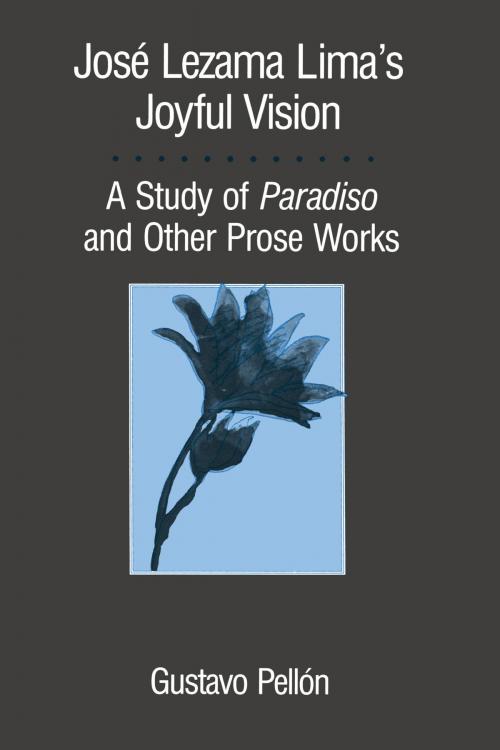José Lezama Lima's Joyful Vision
A Study of Paradiso and Other Prose Works
Fiction & Literature, Literary Theory & Criticism, Central & South American| Author: | Gustavo Pellón | ISBN: | 9781477301661 |
| Publisher: | University of Texas Press | Publication: | August 27, 2014 |
| Imprint: | University of Texas Press | Language: | English |
| Author: | Gustavo Pellón |
| ISBN: | 9781477301661 |
| Publisher: | University of Texas Press |
| Publication: | August 27, 2014 |
| Imprint: | University of Texas Press |
| Language: | English |
Cuba’s José Lezama Lima became the most controversial figure in the flowering of the Latin American novel with the 1966 publication of Paradiso. Hailed as a seminal writer of breathtaking originality by Julio Cortázar, Octavio Paz, and Mario Vargas Llosa, Lezama was also attacked by the Castro regime and others for his stylistic obscurity, erotic descriptions, and violation of literary norms. Indeed, his experimental fiction, written on the very boundaries of the novelistic genre, resists classification. José Lezama Lima’s Joyful Vision, a much-needed critical study of Paradiso, Oppiano Licario, and Lezama’s essays, is thus an exploration in reading, one that highlights and preserves the essential and persistent contradictions in Lezama’s theory and practice of literature. Gustavo Pellón focuses his study on Lezama’s search for equilibrium, clarifying such oppositions in Lezama’s writings as the mystical quest for illumination through obscurity, the calculated cultivation of naïveté, the Proust-like fascination with yet ultimate condemnation of homosexuality, and a modernist (even postmodernist) narrative style that conveys a mystical (essentially medieval) worldview. Above all, Pellón shares his wonder at Lezama who, in an age of pessimism, maintained his joyful vision of art and existence.
Cuba’s José Lezama Lima became the most controversial figure in the flowering of the Latin American novel with the 1966 publication of Paradiso. Hailed as a seminal writer of breathtaking originality by Julio Cortázar, Octavio Paz, and Mario Vargas Llosa, Lezama was also attacked by the Castro regime and others for his stylistic obscurity, erotic descriptions, and violation of literary norms. Indeed, his experimental fiction, written on the very boundaries of the novelistic genre, resists classification. José Lezama Lima’s Joyful Vision, a much-needed critical study of Paradiso, Oppiano Licario, and Lezama’s essays, is thus an exploration in reading, one that highlights and preserves the essential and persistent contradictions in Lezama’s theory and practice of literature. Gustavo Pellón focuses his study on Lezama’s search for equilibrium, clarifying such oppositions in Lezama’s writings as the mystical quest for illumination through obscurity, the calculated cultivation of naïveté, the Proust-like fascination with yet ultimate condemnation of homosexuality, and a modernist (even postmodernist) narrative style that conveys a mystical (essentially medieval) worldview. Above all, Pellón shares his wonder at Lezama who, in an age of pessimism, maintained his joyful vision of art and existence.















